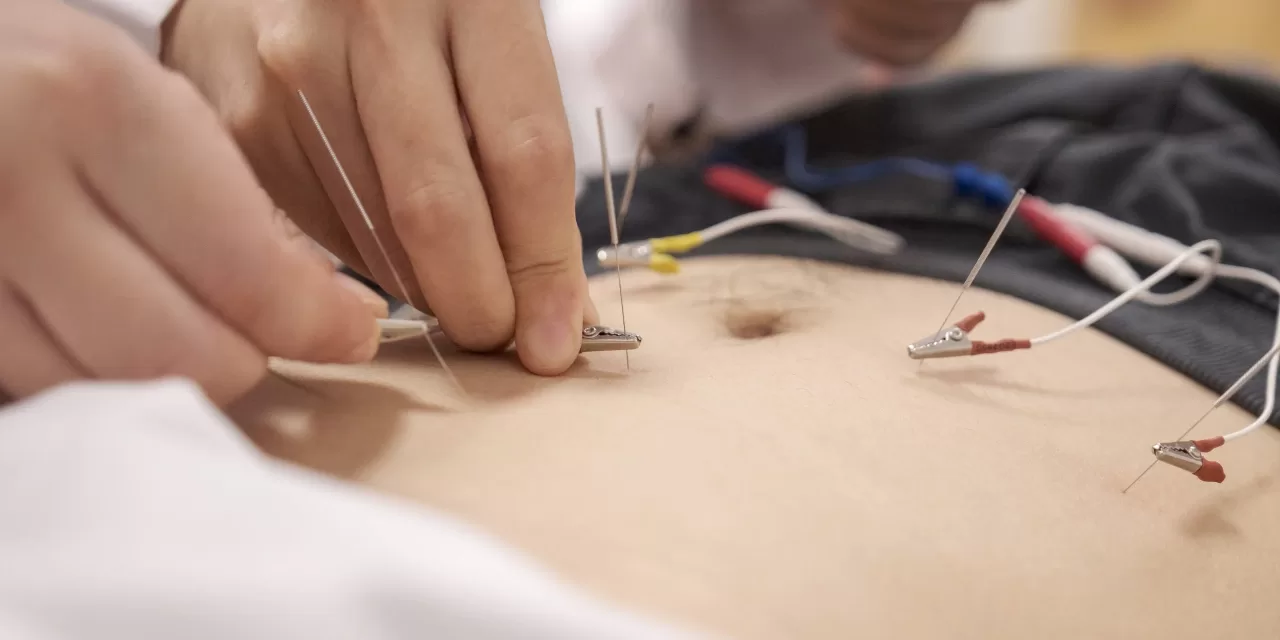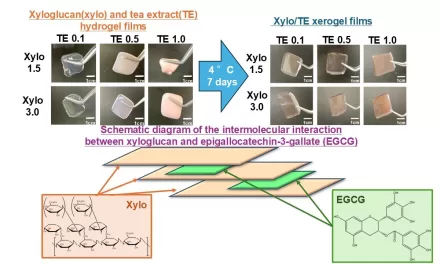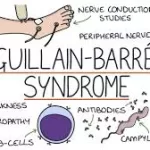A joint research initiative by scientists from Nanyang Technological University Singapore (NTU Singapore) and the University of Hong Kong (HKU) has revealed promising evidence that electro-acupuncture, a specialized form of traditional Chinese medicine (TCM), may effectively manage obesity. This breakthrough offers a unique approach to address a complex health issue impacting millions globally.
In electro-acupuncture, a variation of standard acupuncture, fine needles are inserted at specific points (acupoints) on the body and connected to a mild electrical current. This current stimulates the acupoints, activating the body’s natural healing processes. The NTU-HKU study, published in the Journal of Advanced Research, demonstrated that electro-acupuncture reversed obesity in both human and animal models subjected to high-fat diets.
Targeting Osteoprotegerin: A New Avenue for Obesity Treatment
The researchers identified osteoprotegerin, a protein associated with bone metabolism, as a key player in fat cell formation. The study, conducted in collaboration with Hong Kong Baptist University, found that osteoprotegerin influences adipogenesis—the process by which fat cells form—indicating its potential as a target for obesity management.
“Through our study, we confirmed the pivotal role of osteoprotegerin in how fat cells develop and the protein’s potential as a target for obesity management,” said NTU Associate Professor Linda Zhong, a lead investigator and Director of the NTU TCM Clinic. “These findings add to a growing body of evidence supporting the therapeutic benefits of electro-acupuncture, enhancing TCM’s credibility and acceptance among practitioners and patients.”
How Electro-Acupuncture Interacts with Fat Formation
Laboratory studies revealed that osteoprotegerin production is heightened under metabolic stress—such as high glucose and insulin levels, common in obesity—which in turn promotes fat cell formation. In experiments with obese mice, electro-acupuncture was administered thrice weekly, resulting in reduced body fat percentage, smaller fat cell size, and improved insulin resistance. Remarkably, these effects were reversed when additional osteoprotegerin was introduced, suggesting that electro-acupuncture reduces osteoprotegerin activity, thus inhibiting fat formation.
Clinical Evidence: Human Trials Offer Hope for Obesity Management
To validate these findings in humans, a clinical study involving 80 participants with high visceral fat was conducted in Hong Kong. Participants in the test group received electro-acupuncture treatments at specific obesity-related acupoints twice a week for two months, while the control group received a sham treatment. Although no significant difference in body weight was observed between groups, the electro-acupuncture group showed reduced waist-to-hip ratios, improved blood glucose levels, and better insulin resistance.
An initial analysis of participants’ blood samples linked these improvements to reduced osteoprotegerin levels, supporting the hypothesis that osteoprotegerin is involved in obesity progression. This correlation was confirmed in an expanded analysis of additional participants.
Dr. Quah Teik Joo, an independent expert from Tan Tock Seng Hospital in Singapore, praised the study as a “sound basis” for future research. “Obesity is a chronic disease with multiple risk factors and associated medical conditions. Future studies could examine the long-term effects of electro-acupuncture on additional risk factors and assess its benefits as part of a comprehensive obesity management plan.”
Future Directions in Obesity Research
The research team is planning further studies with larger and more diverse populations to understand precisely how osteoprotegerin influences obesity and metabolic processes. They are also investigating how variations in electro-acupuncture frequency impact osteoprotegerin levels and the broader implications for metabolic health.
This study not only advances the scientific understanding of TCM but also underscores the potential for electro-acupuncture to provide a viable, non-invasive alternative for obesity management.











